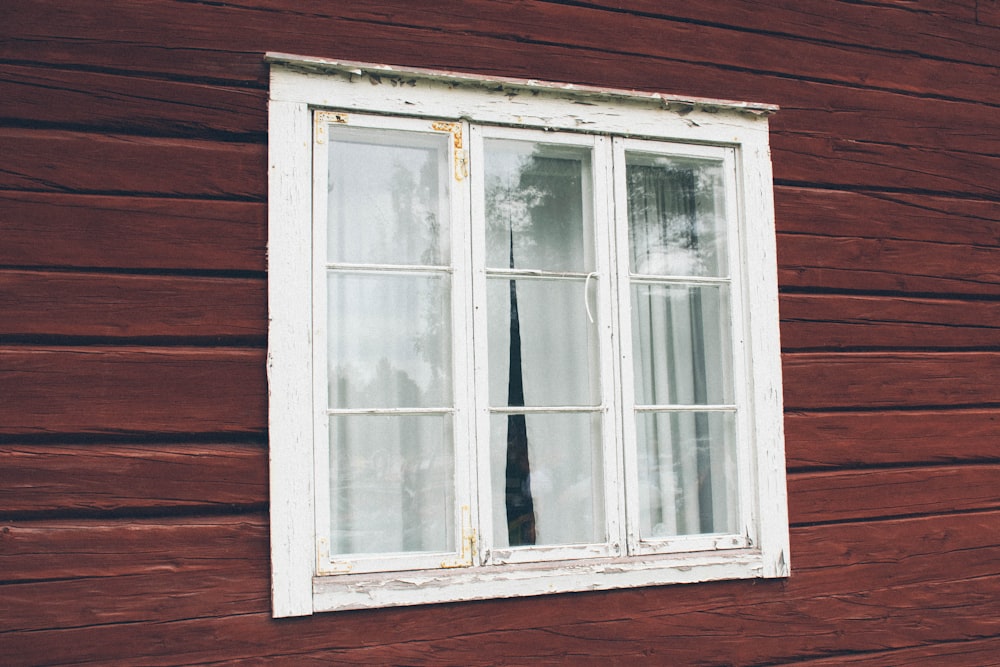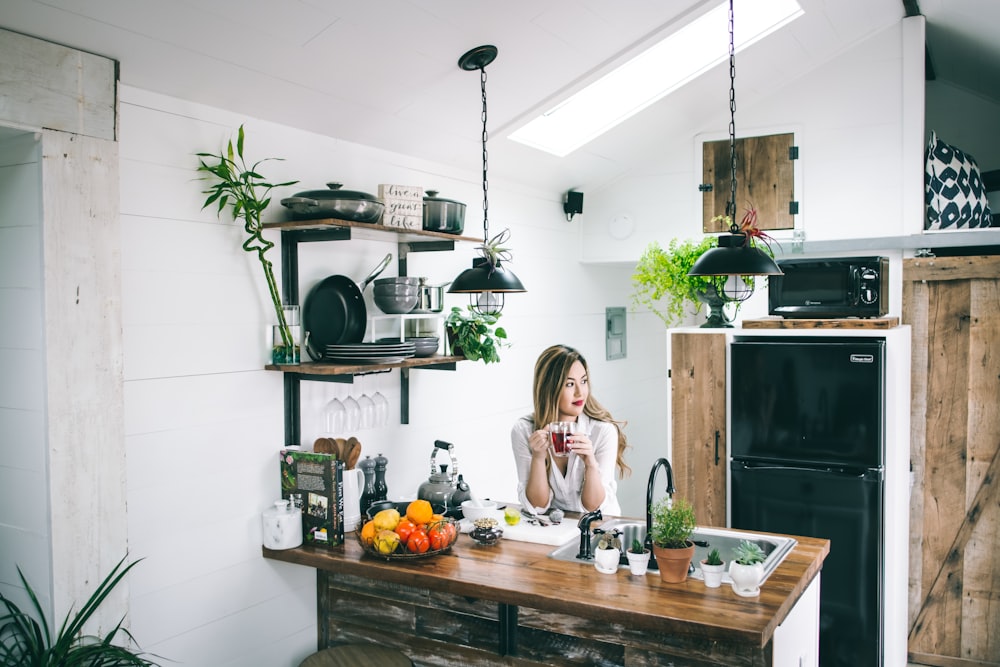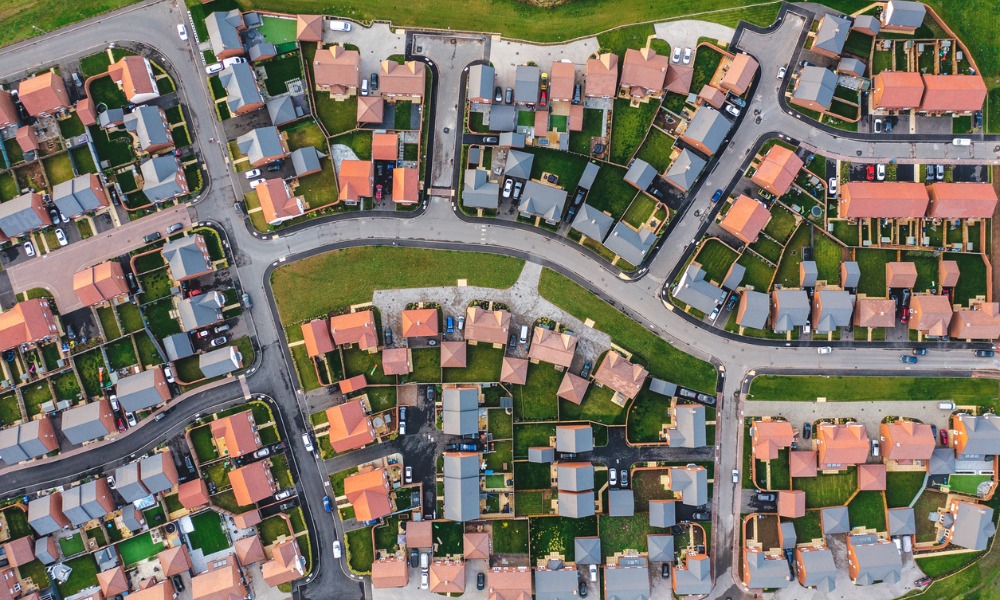A smart way to build a healthier diet is to start an organic garden. Taking care of a garden does require effort in order to make things grow. Perhaps you are unsure of the benefits of organic gardening, or you are unsure how to get your garden started.
Shoveling soil that is mostly clay can be difficult because of the hardness of the soil, and because it sticks to the shovel. To make digging clay soil easier, try applying a light coating of wax, either car wax or floor wax, and then buff off and commence digging. This will keep the soil from sticking, and prevent rusting of the tool.
Your soil needs to be of good quality before you start a garden. Soil analysis costs a little money, but the report can inform you how to enrich your soil and open the door to a lush garden. A lot of Cooperative Extension locations offer this service, and you can prevent ruining a few crops by identifying the specific steps to take.
Consider growing wheat grass or cat grass near the plants your cat enjoys eating. Another option is to place offensively smelling objects on the topsoil near and around the plants you want to protect. Citrus peels or mothballs are a couple of examples.
The best gardens from an environmental standpoint originate from seeds, instead of plants. When starting a new garden, the most environmentally friendly way is to start from seed. It is common for commercial plants to be packaged in plastic that is not commonly recycled, and therefore, it is better to use seeds or purchase plantings only from merchants who make use of organic packaging.
Heather is a magnet for friendly insects. Bees will go straight for these plants in the spring. It is common to find all types of insects inside of an undisturbed heather bed. Keep this in mind and always wear gloves when you prune your heather!
Include your children in your efforts to organic gardening. A garden can be a great learning experience for your children, and it gives you a chance to bond while producing healthy food.
Be sure to plant some strawberries for your children and grandchildren. Ever-bearing ones are especially nice. You will find that they enjoy participating in gardening if they are allowed to pluck the fresh berries and eat them straight from the earth.
If you are looking at creating an endurable organic garden, you should think about keeping some of your property vacant so that wildlife may flourish there. You will see many of the birds and insects that are present will assist in pollination and plant production, helping to create a much better garden.
When you are growing organic plants within the home or an enclosed area, considering how much light the plants will receive must be emphasized. If your house or apartment doesn’t get a lot of natural light, one option is to grow something that only requires medium or low light. If this is not an option, or you have your heart set on a particular type of plant, consider adding additional growing lights instead.
So, as you have seen, it is true that organic gardening requires research, work, and effort to start growing your own organic plants. Persistence is also a necessary ingredient for success. Keeping the aforementioned tips in mind, you are well on your way to becoming successful with organic gardening.











